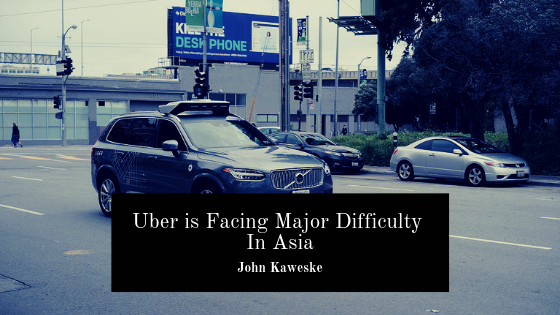
by John Kaweske | Sep 15, 2015 | Car Services
Mercedes-Benz is considering expanding its audience beyond drivers who are looking to buy cars– in fact, their newest venture may not include drivers at all. Dieter Zetsche, owner of Mercedes-Benz’ parent company Daimler, told Reuters about possible plans for an on-demand limo service similar to Uber, except for one huge differentiator: the cars would be driverless. Mercedes-Benz already runs a car-sharing service app called “car2go,” in which people use their smartphones to find and rent nearby Daimler-owned cars, but this is much more exciting. It’s sounds futuristic, but it’s all part of the current race for the first autonomous vehicle to hit the market. The race is probably most popularly championed by Google, which promises to have a self-driving car by 2020. That’s not the greatest news for Mercedes-Benz because their prototype of a driverless car won’t be released in showrooms until 2025 due to liability issues, according to Reuters. In the meantime, though, Daimler is already making moves. The company joined Audi and BMW earlier this summer in buying HERE, a high-definition digital mapping service created by Nokia. And Zetsche says that driverless cars are a “concrete development goal.” Other big-name contenders like Audi, Tesla, and Ford are attempting to master the art of self-driving cars as well. But Mercedes-Benz is one of only a few companies that are attempting to combine the concept with a taxi service. Some of their biggest competition? None other than Uber itself. Uber and its many drivers have a love-hate relationship, thanks to ongoing conflict about drivers’ pay and their statuses as employees in general. (Independent contractors or employees entitled to benefits like gas...

by John Kaweske | Jul 28, 2015 | Car Services
Uber is undoubtably the most popular private car service in the United States, with service is every major city, and many small towns across the country. Uber has been expanding international due to the demand and opportunities. The success which began in the States appeared to have similar results across Europe. The United Kingdom and many other countries adapted quite well and are using Uber regularly. The next step for Uber was to expand in Asian countries, unfortunately, this seems to be a bigger challenge then expected. The problem with expanding in India is the taxi service industry is already established and competition is stiff. Uber is going up against Asian startups such as GrabTaxi and EasyTaxi have been around for years and have dominated the app market for taxi service. GrabTaxi had initially received $250 million US dollars in venture capital funding to help grow the company with “An ambitious research and development center and a driver recruitment program.” It is important that safety is a top priority in this region due to the number of crimes with taxi drivers, making sure drivers are safe and pass standards is of utmost importance for these services. Another issue Uber is that countries as strict as South Korea are cracking down on private taxi services due to the security reasons. The increasing reports of driver misconduct due to unreliable background checks is leading to bans in certain countries. South Korea is going as far to detain employees of Uber South Korea for just being involved with the organization. In China, all Uber offices and headquarters have been raided by Chinese...




